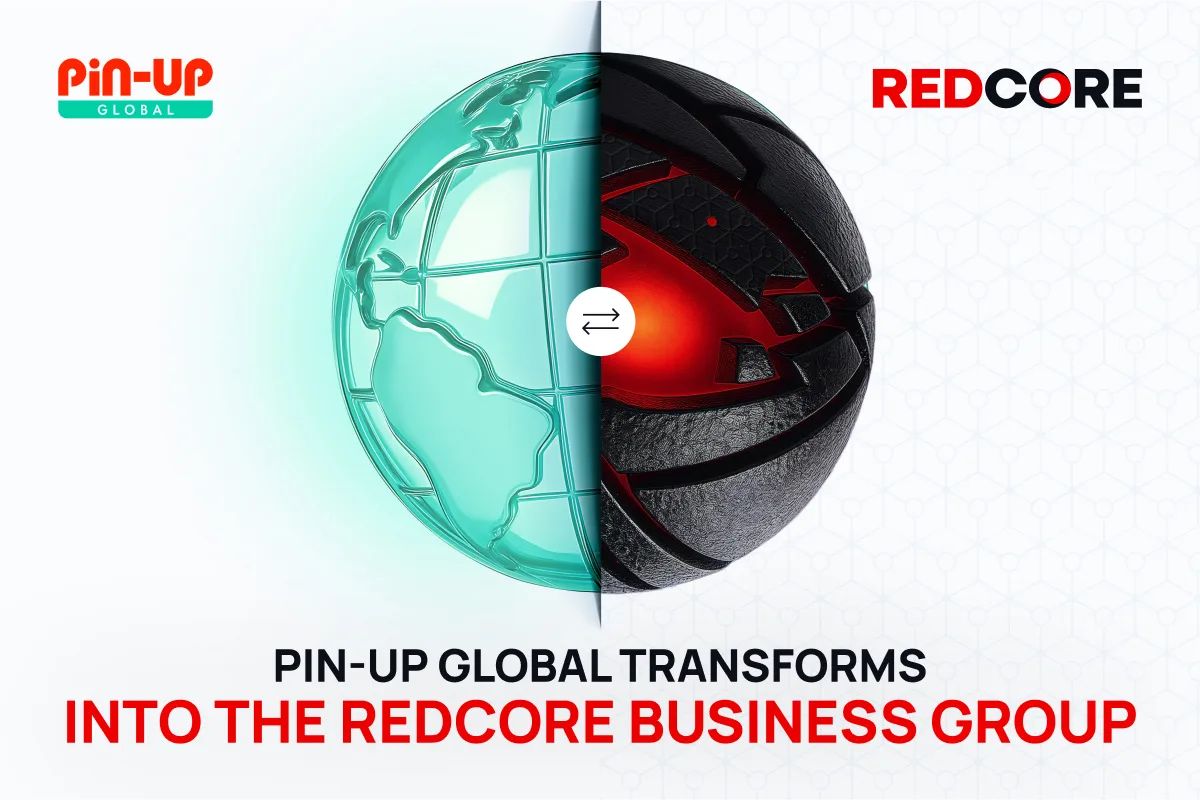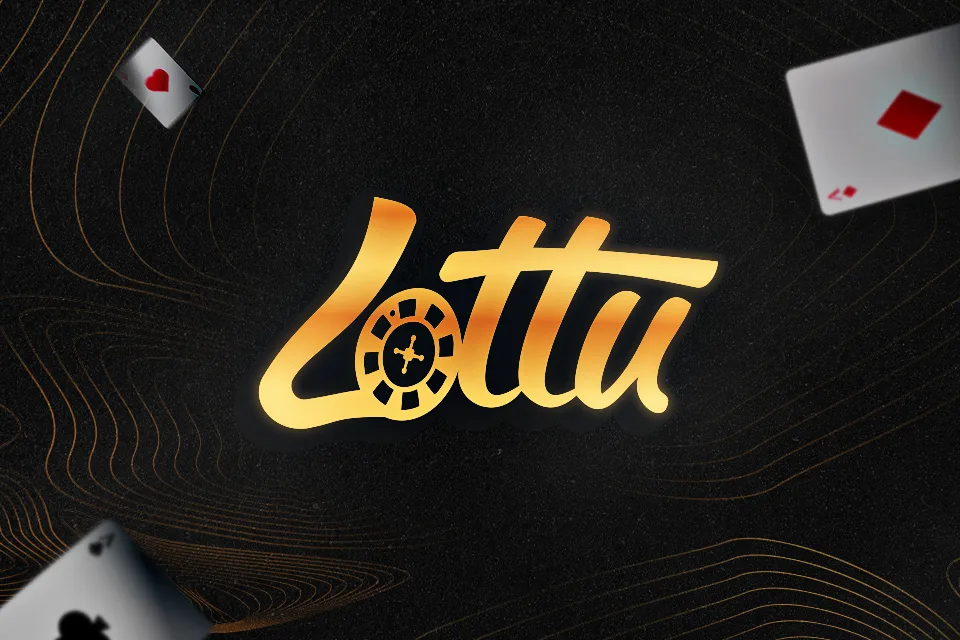Harry Lang, the founder of Brand Architects, a brand and marketing consultancy specializing in the online and mobile gaming sector, has commented on current tendencies in the gambling industry and marketing trends.
Harry, what five marketing trends are, in your opinion, the most important for the gambling industry in 2020?
First, getting back to “business as usual” as soon as sports come back online after the lockdown is vital. It’ll be like a mini re-launch of sports betting: plenty of opportunities for innovative operators to impress bettors and do some land grabbing.
Second, there’s been some negative press on gambling this year, much of which has related to responsible gaming. I’d like to see the industry taking this opportunity to self-regulate, support problem gamblers, and instigate protocols that protect players at all costs. Only then will the industry gain the respect of the public and media and secure its future as a robust and trustworthy business that people will want to work in.
Third, the lockdown saw a massive spike in online poker, virtual sports, and esports betting. While the poker boom is already waning, I think virtuals and, especially esports, have now earned their seats at the “major sports” table alongside football, US sports, tennis, and golf. So, it’ll be exciting to see what happens next.
Fourth, personalization has been a buzzword for several years in terms of player management, product marketing, and CRM. Now the technology is available to make truly personal gaming experiences a reality. There’s no excuse for offering generic products, bland messaging, and irrelevant games to players when others are offering them a bespoke tailored service.
Finally, in regulated markets, we’re likely to see more and more regulation and restriction of welcome bonuses and misleading promotions, which is a good thing. Operators need to upgrade their strategies to acquire and retain customers because they have the best product and customer service, not just because they offer “free” money. The old way was short-term and loyalty was difficult to maintain. The great gaming brands of the future will need to acquire because players like their offers, retain through personalization and relentless attention to detail, and build long-term relationships with their players to thrive.
There are several encouragement systems that online casinos usually apply. One of them is bonuses for players. Do you consider this method to be effective in the modern iGaming market?
In the same way that deals might induce you to buy a car or choose which supermarket to buy your groceries in, bonuses have been a staple of online gaming since day one. That said, welcome bonuses that come with lengthy terms and conditions and have prohibitive playthrough requirements have been a necessary evil. If you didn’t offer something, players could get a “deal” elsewhere. In an ideal world, misleading bonuses won’t exist, and luckily regulators have caught onto some of the dodgier practices employed by less scrupulous operators. In the meantime, some level of bonusing is required, but more effective, as I’ve said previously, will be to acquire and retain players because your product is exceptional and customer service flawless.
What can you say about brand awareness? What can bring more success and revenue: a company’s name or a high-quality product?
It’s not a question of either/or. The most successful operators, such as Bet365, DraftKings, PaddyPower, and Pokerstars have generated significant brand equity and awareness and have also invested in a leading product suite. A strong brand that is admired and trusted by players will help to reduce acquisition costs while a great product suite will facilitate retention.
What values should a gambling company have to attract new customers and retain existing ones?
Any operator that doesn’t have integrity, trust, innovation, and a commitment to put customers first high on its list of values is selling itself short. These are the foundations on which great gaming businesses are built.
Speaking about the esports market, do you agree with the statement that advertising will be the major source of its revenue? Will China be a leader in this sector?
It seems very likely that advertising twinned with sponsorship and media rights will remain the biggest revenue streams for the fast-growing esports industry. As far as I know, China and the Far East are already leaders in terms of player, fan, and viewer volumes, although the western hemisphere is catching up fast. It’s unequivocal that esports is the most exciting sports and entertainment market out there right now in terms of growth.
Read more: Best iGaming Aggregators












